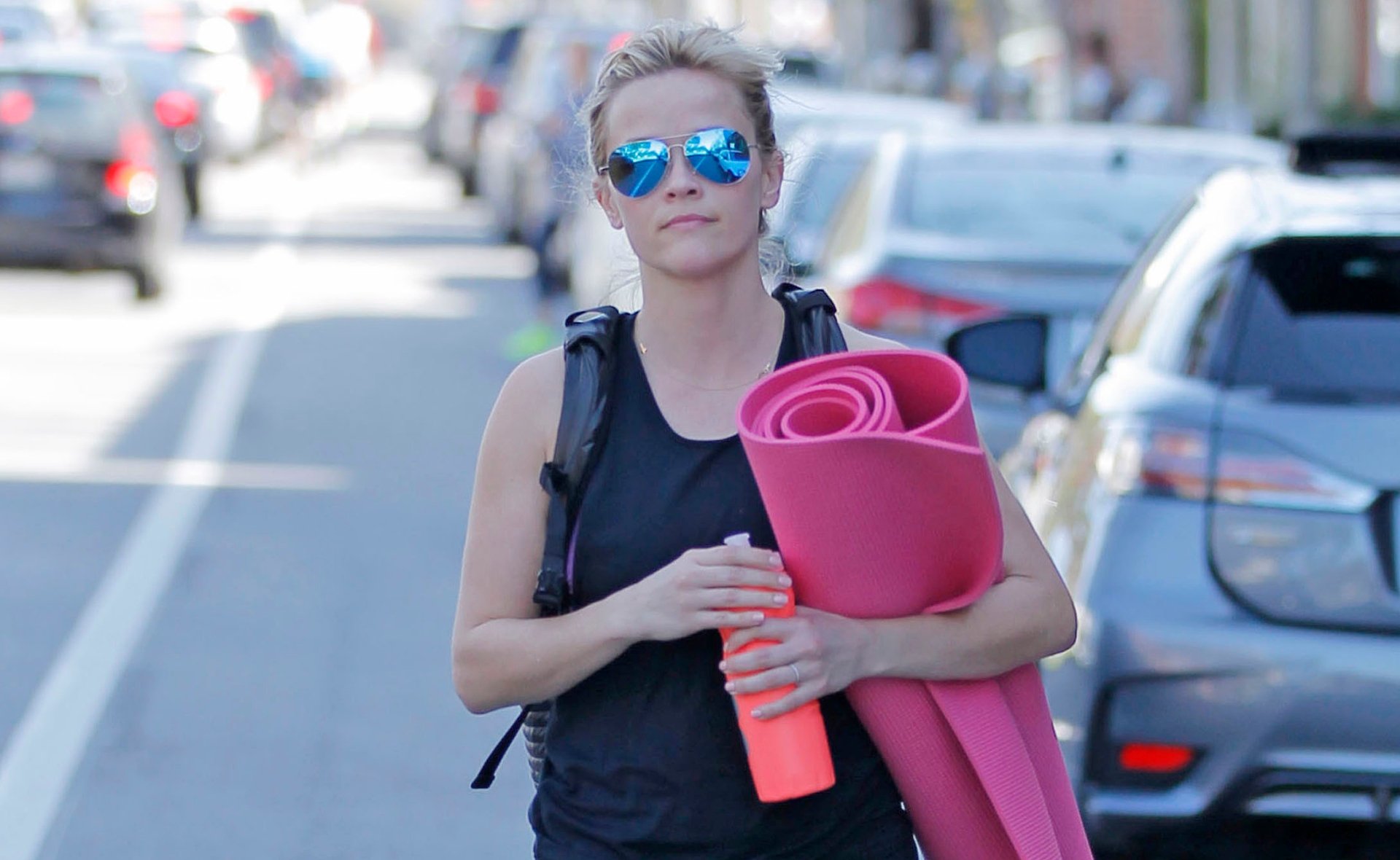Each year, during the prime of their lives; and when they are establishing families and careers, about 800 young Australian women are diagnosed with breast cancer.
Facing a cancer diagnosis at a young age is difficult and this is reflected in the new report, which shows many young women feel blindsided by the illness.
While addressing an audience at the David Jones On Seven venue in Sydney today, set amidst the portraits from the visually raw and powerful SCAR Project by photographer David Jay, NBCF ambassador, Sarah Murdoch highlighted some harsh truths about breast cancer and why its younger victims “don’t see breast cancer coming.”
“It’s a fact that women under 40 face a much tougher scenario than older women,” said Sarah.
“They often get more aggressive types of breast cancer, with larger tumours and a much poorer prognosis.
“And they’ll get this prognosis at a time when they have told us they have felt ‘bullet proof’.
“They are often fit, lead a healthy life and they overestimate the role of family history because only about 15 per cent of breast cancers are genetic – that’s 15 per cent,” added Sarah.
The report, titled Not Just an Older Woman’s Disease: Breast Cancer in your 20s and 30s, took a qualitative approach to research and interviewed a number of young breast cancer sufferers ranging from someone diagnosed 12 years ago to someone diagnosed just 12 months ago.
The comprehensive 48-page document highlights that on top of receiving a tough prognosis, young women often struggle emotionally because they feel ‘too young’ to have breast cancer and the illness takes them by surprise.
Sarah recalled reading the report and being touched by one young cancer sufferer’s comment when she said: “The only risk factor I ticked was that of being a female.”
One of the key aims of the report is to quash the mixed messages about breast cancer and the myth that if you are under 40 you are too young to get sick.
The document outlines that a young woman’s risk of breast cancer is increased if a close relative, like a mother or aunt, has had breast or ovarian cancer but the role of family history in breast cancer in can be overestimated and the vast majority of causes are still unknown.
Once diagnosed, young women have a higher risk of dying from breast cancer compared to their older counterparts and are more likely to be diagnosed with aggressive sub-types of breast cancer, such as triple negative and HER2-positive breast cancers.
Channel Seven’s The Daily Edition host Sally Obermeder, who was diagnosed with an aggressive stage three cancer while pregnant with daughter Annabelle, joined NBCF CEO Carole Renouf onstage for discussion about her cancer journey.
She said that the hormone-based treatment options, often used to treat older women, are almost useless for younger women diagnosed with the triple negative disease.
Of her gruelling chemotherapy experience, Sally lamented: “I wondered many times if the chemo would kill me before the cancer.”
One of the biggest concerns for young women is fear of the cancer returning as they are all too aware that once diagnosed their cancer is nine times more likely to return than the breast cancer suffered by older women.
“The fear of recurrence can haunt them. For me, one of the most moving quotes in the report speaks of a young mother’s dread of not being there for her children, and she says: “Nine years on, I still wonder if I will die an early death,” Sarah said.
Since 1994 the NBCF has invested over $115 million in research projects to help improve the health and wellbeing of those affected by breast cancer they are still firm in their commitment.
“The National Breast Cancer Foundation is committed to raising awareness that breast cancer can occur in young women and to improving outcomes for them – through the research fund,” said Carole in a statement.
“It’s so important that without scaring anyone, young women themselves, their health professionals and loved ones are made aware of the possibility that cancer can visit,” she added.
To help spread awareness the NBCF launched 800youngwomen.org.au where young women are encouraged download the report and share their breast cancer experiences in a bid to ensure no young woman is left feeling blindsided by cancer again.
.jpg)



